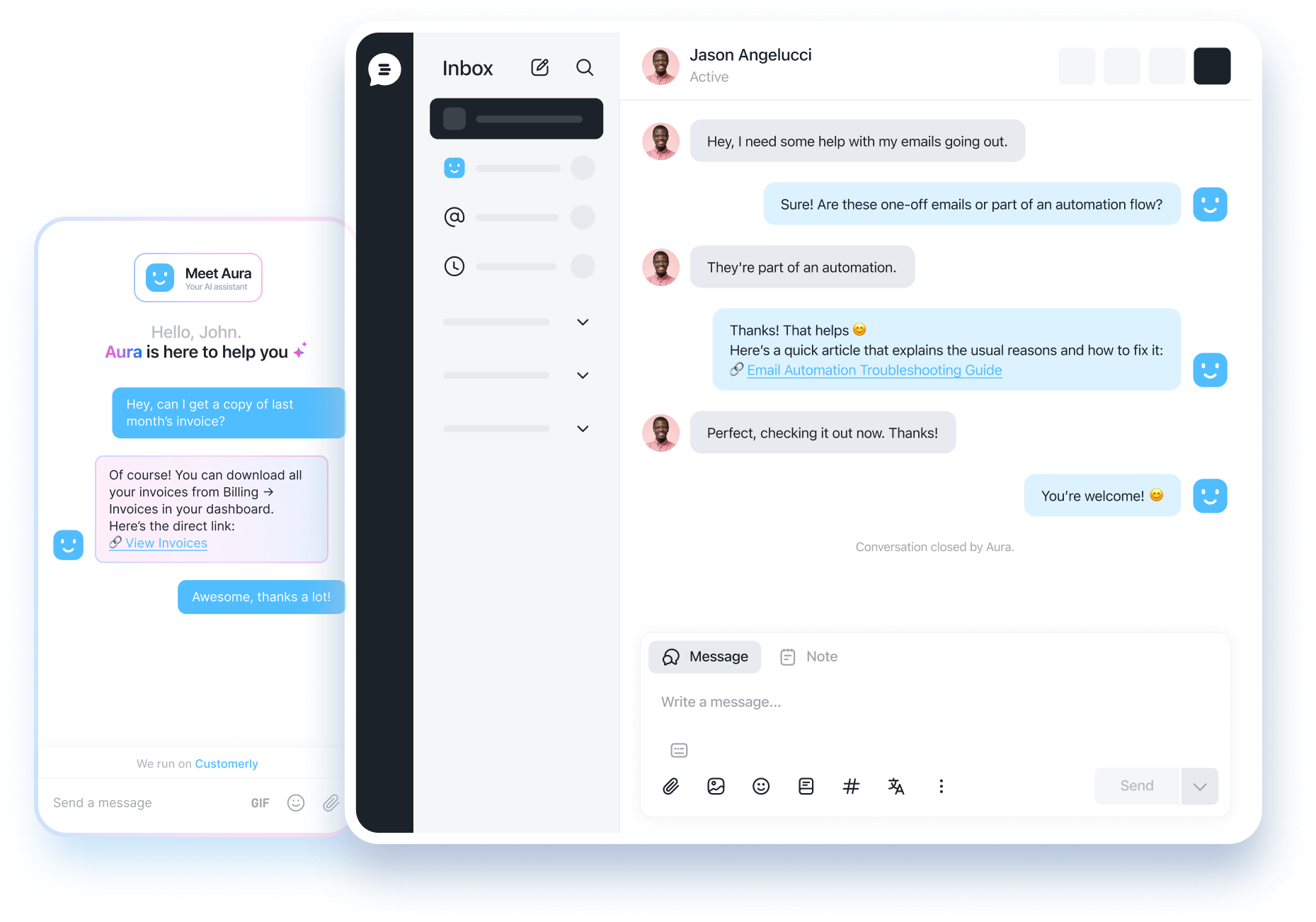

RTA (Real-Time Analytics)
RTA (Real-Time Analytics) is a method that enables immediate processing and analysis of data, allowing businesses to make instant decisions.
Definition
RTA, short for Real-Time Analytics, is a method that enables the processing and analysis of data as soon as it enters the system. Unlike traditional analytics, which involves collecting data over a period and analyzing it later, RTA provides immediate insights and allows businesses to make instant decisions based on real-time data.
Usage and Context
RTA is widely used across various sectors including finance, marketing, health, and e-commerce. In finance, it helps in tracking market trends and making instant investment decisions. In marketing, it allows businesses to customize their strategies based on real-time customer behavior. In health, it helps in monitoring patient's condition in real-time. In e-commerce, it enables businesses to offer personalized recommendations to customers.
FAQ
What is the importance of RTA?
RTA is crucial as it allows businesses to make immediate decisions based on real-time data, thus enhancing their efficiency and productivity.
How does RTA work?
RTA works by processing and analyzing data as soon as it enters the system, providing immediate insights.
Related Software
Some of the popular software for RTA includes Google Analytics, Adobe Analytics, and IBM Watson.
Benefits
Some of the major benefits of RTA include improved decision-making, increased efficiency, personalized marketing, and enhanced customer experience.
Conclusion
In conclusion, RTA is an essential tool for businesses in today's data-driven world. It allows them to make immediate decisions, improve efficiency, and enhance customer experience.

AI Support That Sets You Apart.
Start Leading Today.













